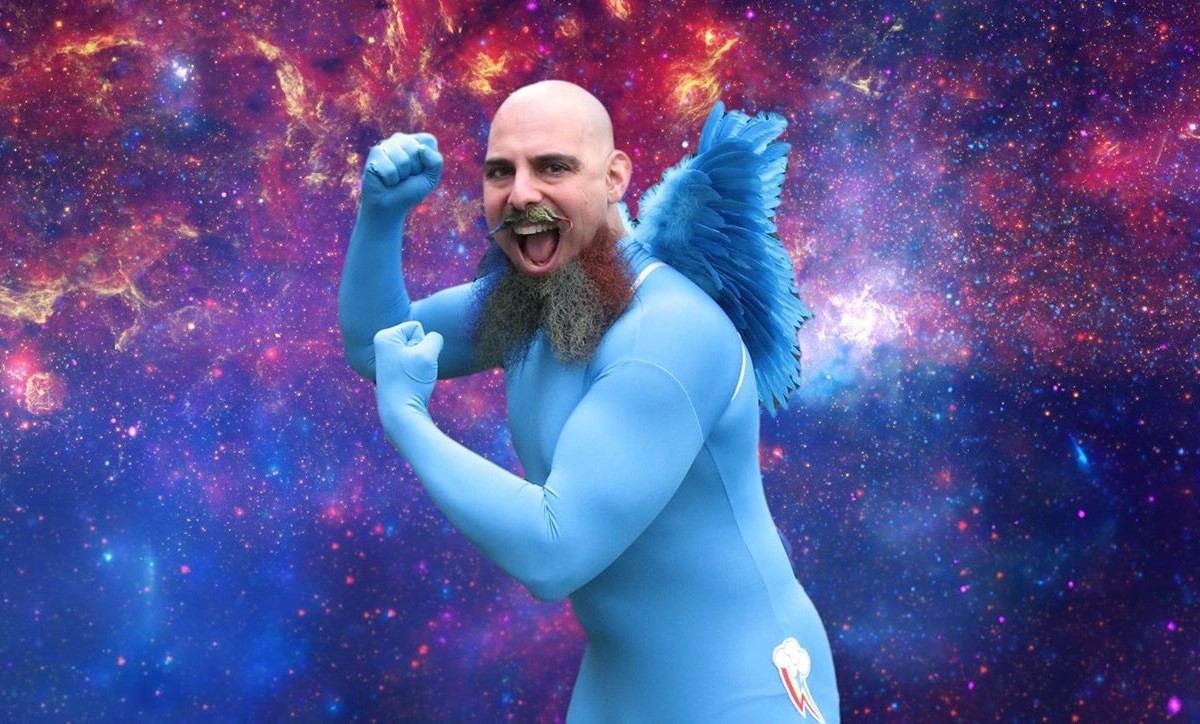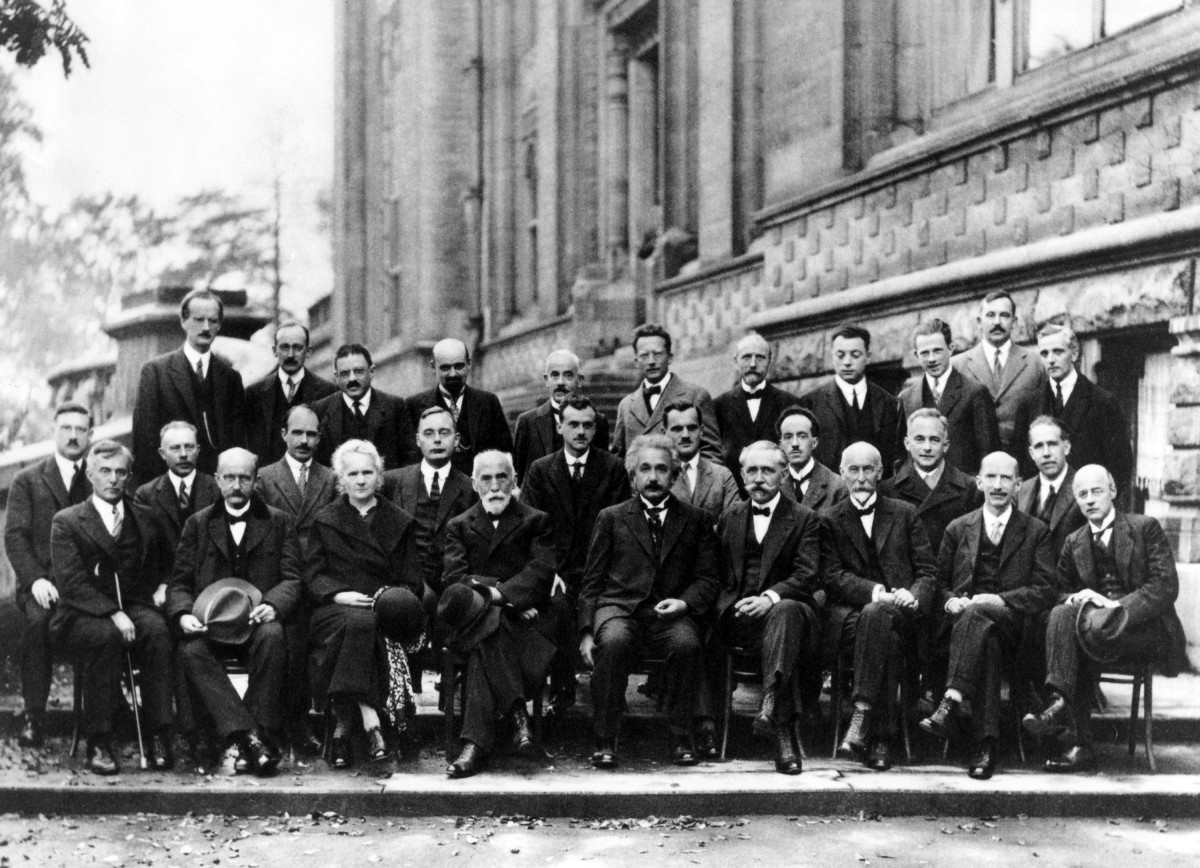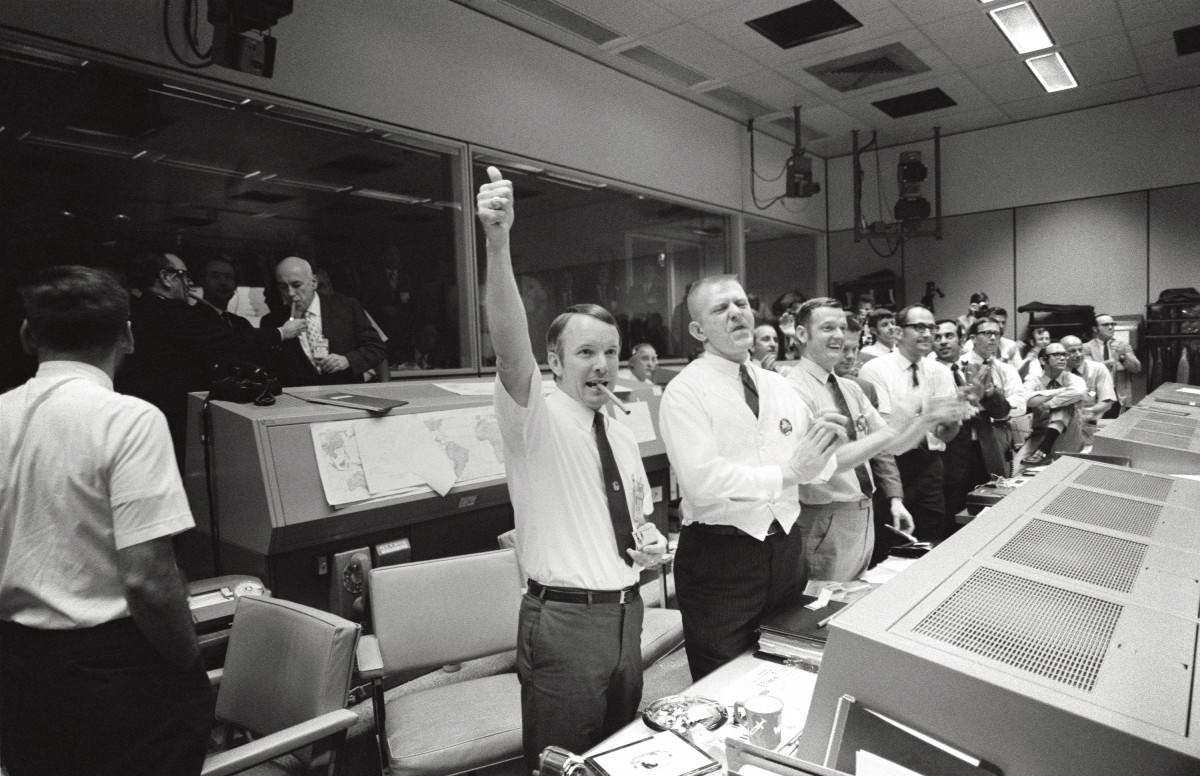Ask Ethan: What should a scientist look like?
- Transfer

If you do not like people who refute your expectations, or like to judge a book by its cover, you may be tempted to speculate whether a person is competent to do his job based solely on his appearance. Even if a person has already proven their ability to carry out work in their field, you will remind them, personally or publicly, that they do not meet your expectations. And this week one of the readers asked me:
Why do you, Mr. Ethan Siegel, look somehow strange and frivolous, despite the fact that you have a great scientific mind? After all, a fly can fly into your mouth.
As you can understand from my photo above, or from a photo from my Facebook profile (below), I don’t particularly correspond to the stereotype of the scientist’s appearance.

For a very long time, it was believed that scientists should look serious and professional. Other stereotypes are also connected with this: the scientist should be well-trimmed, albeit absent-minded, but not stand out from the crowd, should be Asian or white, and necessarily a man. If you do not believe me, take a look at one of the most famous “photographs of scientists”: the Solvay Congress of 1927, which was attended by all the greatest personalities of science: from Einstein to Lorenz , from Schrödinger to Pauli , as well as Ehrenfest , de Broglie, Planck , Heisenberg , Bohr , Dirac .

The most attentive will notice Marie Curie , the only exception to the male stereotype. This situation has persisted for a long time, and if you look at the most typical images that we associate with scientists - NASA astronauts and MCC employees - they will look about the same in the 1960s and 1970s, at the peak of the space program.

NASA Control Center celebrates successful splashdown of Apollo 13 in 1970
Times have changed, styles have changed, the demographic composition of scientists has changed - in terms of religion, race, age, gender - but some stereotypes die off with difficulty. Even worse - despite the large number of large scientists who do not fall under the usual standards, there are much more scientists who correspond to these standards. Especially in areas such as physics, mathematics, engineering and computer science, the stereotype of a scientist as a serious, professional person of the white race persists to this day.

NASA Science Lab Team Celebrates Successful Landing of Curiosity Rover, 2012
I do not want to say that there is something bad in being a professional, serious, white or man. Many scientists are just like that, and probably most of today's current scientists combine these features. But none of these signs, external or personal properties, in any way affect the abilities of your mind or what you can achieve with it.
George Gamow (also known as George Gamow) was one of the ridiculous people who lived, and at the same time one of the greatest scientists of all time, and he came up with the Big Bang theory. Pal Erdös was one of the least professional people - he slept on the couches of the institute, threw LSD and amphetamines most of his life, and at the same time became the most fruitful mathematician of the 20th century. His colleague, Alfred Renyi, once said of him: “A mathematician is a machine for turning coffee into theorems.” For many reasons, it’s hard to be a nonconformist, because not only ordinary people, but also your colleagues are not taking you seriously if you do not correspond to the picture of a “good scientist” in their head. I didn’t even start sexism and racism towards women, blacks and Latinos trying to succeed in areas in which it is not customary to wait for their participation. Even such a relatively mundane characteristic, like an unusual hairstyle, is still able to attract attention.

Senator Dianne Feinstein and Bobac Ferdowsi, a member of the Cassini – Huygens and Curiosity missions, known as the “Iroquois dude”
This is one of the most important lessons - both in life and in science - that will not be given to you at school: your intellectual abilities do not depend on whether other people consider you strange, frivolous, bizarre (from physical, personal or other points vision), or whether you have any unusual habits or properties, except for the quick wits and a penchant for science. You do not have to like in a person that he, from your point of view, is strange, frivolous, unprofessional, etc. But you must judge them in terms of their performance and the quality of the results of their work, and not in terms of whether you approve of their appearance.
It is very important for you, for your life and happiness, to be yourself, to feel free to express yourself and who you really consider yourself to be. There is always a stereotype that you, from the point of view of other people, must correspond to (in my case, an intellectual scientist), and there will always be people who negatively regard you for non-conformism. But to feel the contempt of some - and not particularly significant, in the end - is better than not expressing oneself. Therefore, dear reader, I seem strange and frivolous to you because it is part of my personality, and that is how it is convenient for me to introduce myself to the world. I agree to bear responsibility for this and am ready for all the judgments that people will make about me because I show myself as I am. But on behalf of all the living people that anyone ever spoke to,
And about the fact that a fly can fly into my mouth? Well, what is life without little risk ?!
